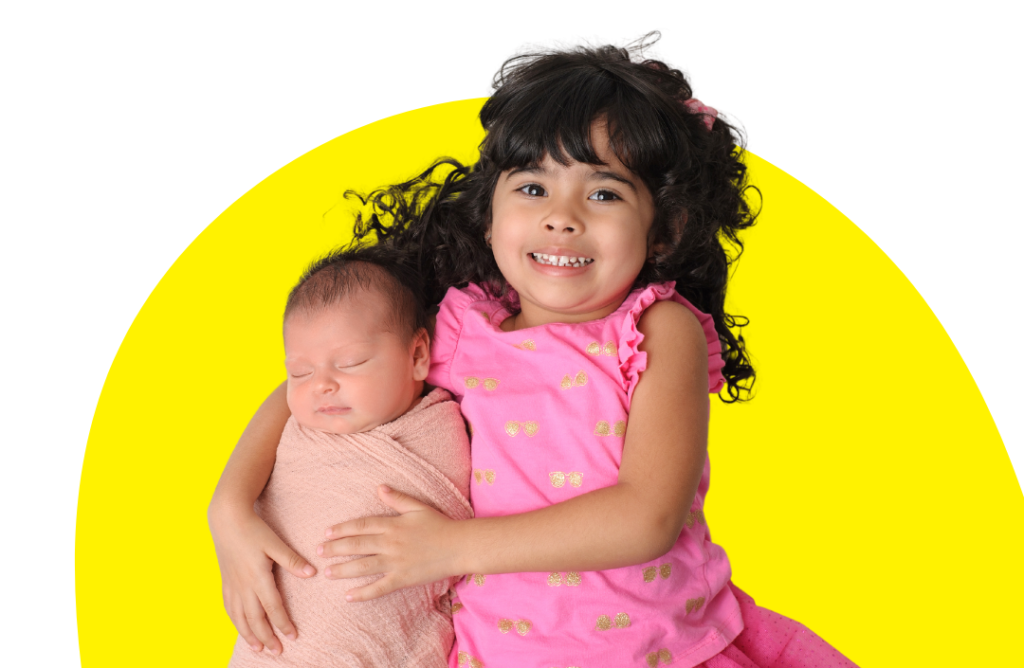Bringing a new life into the world is a profound and transformative experience, marking the beginning of a remarkable journey into parenthood. For many parents, the question of when to expand their family further arises soon after welcoming a new baby. In this blog, we explore the importance of giving the body time to recover and the ideal timeframe for considering another pregnancy after childbirth.

The Importance of Postpartum Recovery:
Pregnancy and childbirth place significant physical and emotional demands on the body, necessitating a period of recovery and adjustment. Postpartum recovery is crucial not only for the mother’s well-being but also for the health and development of the newborn. Here are some key factors to consider during the postpartum period:
Physical healing:
The body undergoes profound changes during pregnancy and childbirth, including hormonal shifts, uterine involution, and pelvic floor rehabilitation. Allowing adequate time for the body to heal reduces the risk of complications in subsequent pregnancies and promotes optimal maternal health.
Emotional adjustment:
Adjusting to the demands of new parenthood can be emotionally challenging, requiring time and support to navigate effectively. Building a strong foundation of emotional resilience and support before embarking on another pregnancy is essential for overall family well-being.
Maternal health:
Pregnancy and childbirth can deplete essential nutrients and energy stores, increasing the risk of maternal health issues such as anemia, malnutrition, and fatigue. Giving the body time to replenish these resources through proper nutrition, rest, and self-care sets the stage for a healthy pregnancy and optimal fetal development.
The Ideal Timing for Subsequent Pregnancies:
While the ideal timing for conceiving another baby varies for each individual and family, healthcare providers generally recommend waiting at least 18-24 months between pregnancies. Here’s why this timeframe is considered optimal:
Physical recovery:
Waiting 18-24 months allows the body ample time to recover from the physical demands of pregnancy and childbirth. This timeframe reduces the risk of complications such as preterm birth, low birth weight, and maternal health issues in subsequent pregnancies.
Nutritional replenishment:
Pregnancy and breastfeeding can deplete essential nutrients such as iron, folate, and calcium. Waiting 18-24 months allows the body to replenish these nutrients through a balanced diet and nutritional supplements, ensuring optimal health for both mother and baby.
Emotional readiness:
Parenting a newborn requires significant time, energy, and emotional investment. Waiting 18-24 months allows parents to establish a strong bond with their baby, navigate the challenges of new parenthood, and assess their readiness for another pregnancy.
Deciding when to conceive another baby after childbirth is a deeply personal decision that depends on various factors, including physical health, emotional well-being, and family dynamics. While the ideal timing may vary for each individual and family, waiting at least 18-24 months between pregnancies is generally recommended to promote optimal maternal and foetal health. By prioritising postpartum recovery, emotional adjustment, and maternal well-being, parents can nurture new beginnings and create a foundation for a healthy and fulfilling family journey. Remember, the decision of when to expand your family is yours to make, and healthcare providers are available to offer guidance and support along the way.
